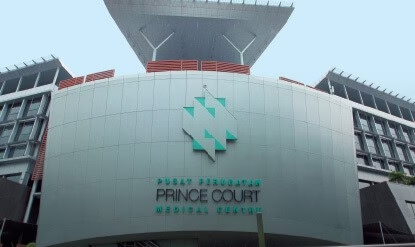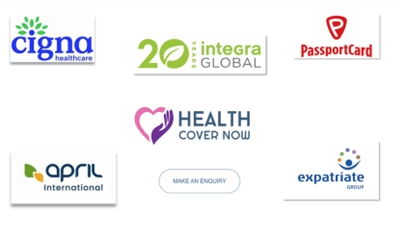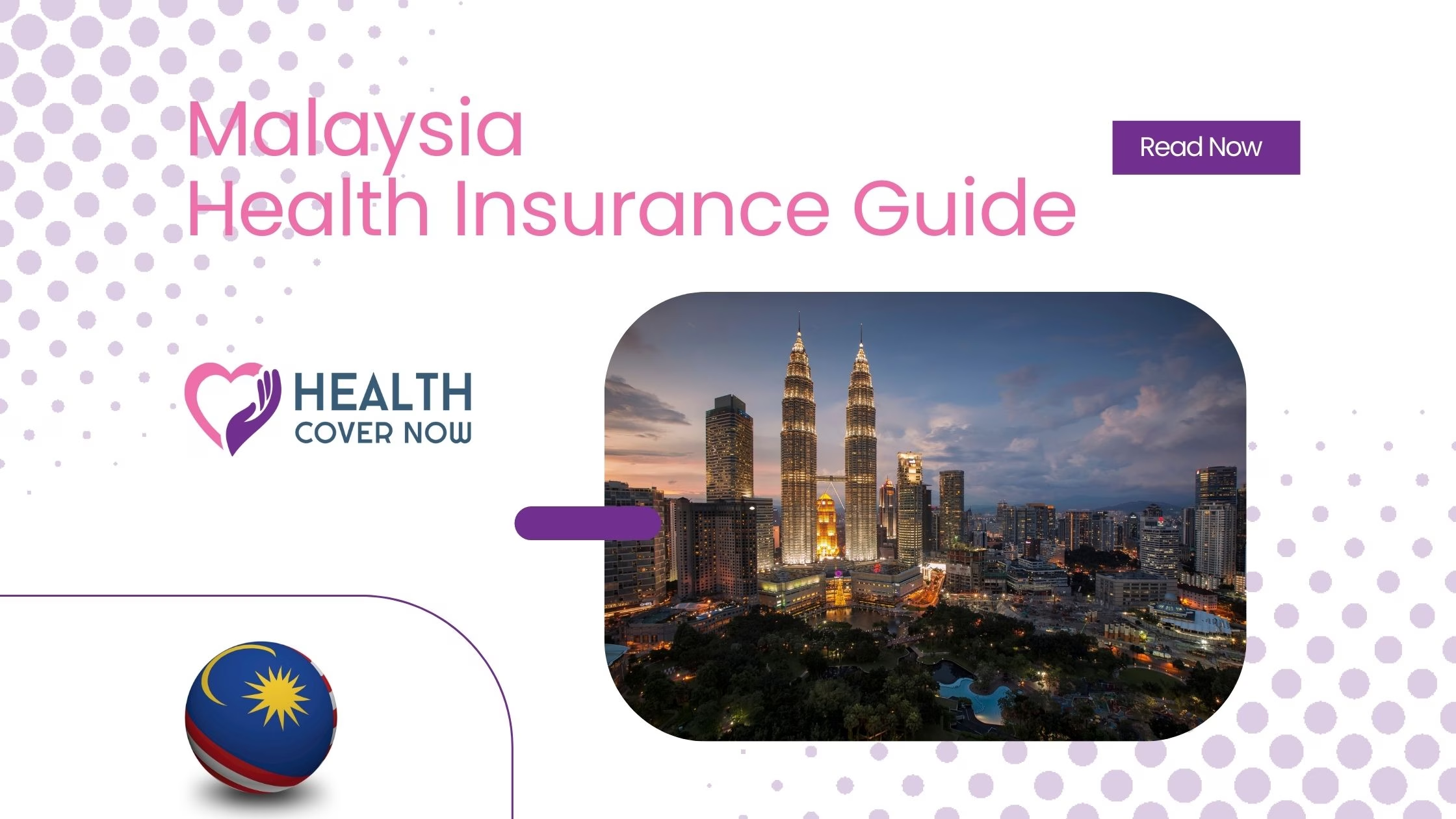Overview of Malaysia’s Healthcare System
Malaysia’s healthcare system is a dual-tiered structure, comprising public and private healthcare sectors. Both tiers are highly developed and offer excellent services, but they cater to different needs and budgets.
Public Healthcare: The public healthcare system in Malaysia is heavily subsidized by the government, making it accessible and affordable for locals. While expatriates can access public hospitals, they are required to pay higher fees compared to Malaysian citizens. Public hospitals, such as Hospital Kuala Lumpur and Hospital Selayang, are equipped with skilled professionals and advanced medical equipment. However, the main drawback of public healthcare is the long waiting times due to high patient volumes.
Private Healthcare: Malaysia’s private healthcare system is highly regarded for its efficiency, personalized care, and shorter waiting times. Private hospitals often cater to expatriates and medical tourists, offering state-of-the-art facilities and English-speaking medical staff. Popular private hospitals include Prince Court Medical Centre in Kuala Lumpur, Gleneagles Hospital in Penang and Kuala Lumpur, and Pantai Hospital in several major cities. These institutions are known for their comprehensive medical services, from general check-ups to specialized treatments such as cardiology and oncology.

Popular Clinics: For less complex medical needs, private clinics such as KPJ Clinics and Qualitas Health Clinics are widely available across the country. These clinics are convenient for outpatient consultations and minor procedures, offering quick and professional service.
Emergency Services in Malaysia
In Malaysia, for emergency services:
- Dial 999 to request an ambulance or police services.
- Dial 994 to connect with a fire department.
- Dial 112 as an alternative emergency service for mobile phone users.
The Malaysian government is the main provider of ambulances in the country, but there is no centralized system for organizing them. For instance, travelers in need may find themselves in an ambulance run by the Red Cross or a university. As a result, ambulance response times are slower than in many other countries (though the care provided within is good). It can often be a tough call, but travelers in need will have to determine if it’s possible to use alternative transportation, such as a taxi, to reach a hospital more quickly.
Vaccines Required and Health Advice for Malaysian Travel
As with every trip, your routine vaccinations should be up to date. This includes tetanus, diphtheria, pertussis, polio, measles, mumps, rubella, chickenpox, and your yearly influenza vaccine.
The CDC (Centers for Disease Control and Prevention) recommends hepatitis A and typhoid vaccines for most travelers. For some travelers, depending on their exact destination and travel plans, hepatitis B, rabies, and Japanese encephalitis may be recommended, as well as malaria prevention.
Travelers coming from countries where yellow fever is a risk are required to show proof of yellow fever vaccination. There is no risk of yellow fever in Malaysia. This is a preventative strategy to make sure travelers who have previously visited high-risk countries don’t bring the disease with them.
Tap water in Malaysia is generally not potable, and travelers should stick to bottled or boiled water.
Many countries have a travel advisory for Malaysia because of the Zika virus. Pregnant women, in particular, should speak with their healthcare provider before they travel. While influenza is a concern in many Asian countries, the government of Malaysia has developed a comprehensive National Influenza Pandemic Preparedness Plan (NIPPP).
Travel Visas Required
Prior to arriving in Malaysia, you must complete a Malaysia Digital Arrival Card (MDAC). The MDAC must be submitted via the Malaysian Immigration website. For more information, including exemptions, visit the Malaysian Immigration website.
The Advantages of Private Medical Insurance for Expatriates
While Malaysia’s healthcare is affordable compared to Western countries, the cost of treatment at private hospitals can add up quickly, especially for complex medical procedures or emergencies. For expatriates, investing in private medical insurance is a prudent decision to mitigate financial risks and ensure access to premium healthcare services.

- Financial Security: Medical insurance shields expatriates from unexpected medical expenses. For example, a major surgery or hospitalization at a private hospital can cost tens of thousands of ringgit. With the right insurance plan, these costs are significantly reduced or fully covered, alleviating financial stress during critical times.
- Access to Premium Facilities: Many private insurance plans offer access to top-tier private hospitals and specialists. This ensures shorter waiting times, personalized care, and access to advanced medical technologies.
- Coverage for International Medical Needs: Some insurance policies also provide international coverage, which is beneficial for expatriates who frequently travel or require medical care outside Malaysia.
- Preventive Care and Health Screenings: Many insurance plans include coverage for annual health screenings and vaccinations, encouraging proactive health management.
Choosing the Right Insurance Plan: When selecting a medical insurance plan, expatriates should consider factors such as coverage limits, network hospitals, pre-existing condition coverage, and out-of-pocket expenses. It is advisable to compare plans from reputable insurers and seek guidance from a broker if needed.
Why Malaysia is an Exciting Destination for Expatriates
Malaysia’s allure extends far beyond its healthcare system. It offers a unique blend of culture, affordability, and lifestyle, making it an exciting destination for expatriates. According to Tourism Malaysia, it is one of the hotspots globally for scuba diving with one of the richest marine environment in the Indo-Pacific basin.
- Cultural Diversity: Malaysia is a melting pot of cultures, with Malay, Chinese, Indian, and indigenous communities coexisting harmoniously. This diversity is reflected in the country’s festivals, food, and traditions. Expatriates can enjoy a rich cultural experience, from savoring local dishes like nasi lemak and char kway teo w to participating in festivals such as Hari Raya and Chinese New Year.
- Quality of Life at Affordable Costs: Malaysia offers a high standard of living at a fraction of the cost compared to Western countries. Housing, dining, and transportation are affordable, and the country’s modern infrastructure ensures convenience. Cities like Kuala Lumpur and Penang are particularly popular among expatriates for their urban amenities and vibrant communities.
- Natural Beauty and Adventure: Malaysia is a paradise for nature lovers and adventure seekers. From the pristine beaches of Langkawi and the lush rainforests of Borneo to the cool highlands of Cameron Highlands, there is no shortage of natural wonders to explore. Additionally, outdoor activities such as diving, hiking, and wildlife spotting are easily accessible.
How Expatriates Can Stay Safe and Avoid Medical Emergencies
Malaysia is generally a safe country, but expatriates should be mindful of certain behaviors and risks to avoid medical emergencies. Here are some key tips:
- Practice Road Safety: Traffic accidents are a leading cause of injuries in Malaysia. If you choose to ride a scooter or motorbike, always wear a helmet and follow traffic rules. Avoid riding during heavy rain or on poorly lit roads, as these conditions increase the risk of accidents. Similarly, always use seat belts when driving or riding in a car.
- Avoid Risky Activities: Malaysia’s tropical climate and terrain are ideal for outdoor adventures, but it’s important to exercise caution. For instance, ensure you’re adequately prepared and guided during jungle treks or water sports. Avoid venturing into unfamiliar areas without proper guidance.
- Stay Away from Demonstrations: Political demonstrations and rallies, while rare, can occur in Malaysia. Expatriates should avoid large gatherings and stay updated on local news to steer clear of potentially volatile situations.
- Be Mindful of Food and Water Safety: Malaysia’s street food is delicious, but newcomers should ease into it to avoid stomach upsets. Ensure that the food is freshly prepared and avoid drinking tap water unless it has been boiled or filtered.
Conclusion
Malaysia’s healthcare system, combined with its vibrant culture and affordable lifestyle, makes it an ideal destination for expatriates. By understanding the healthcare landscape, investing in private medical insurance, and adopting safety measures, expatriates can enjoy a secure and enriching experience in this beautiful country. Whether you’re exploring the bustling streets of Kuala Lumpur, relaxing on the beaches of Langkawi, or savoring the culinary delights of Penang, Malaysia has something special to offer everyone.
If you would like to learn more about securing a competitive international health insurance policy please send us an email :- [email protected]

